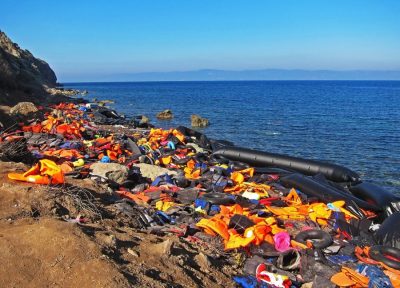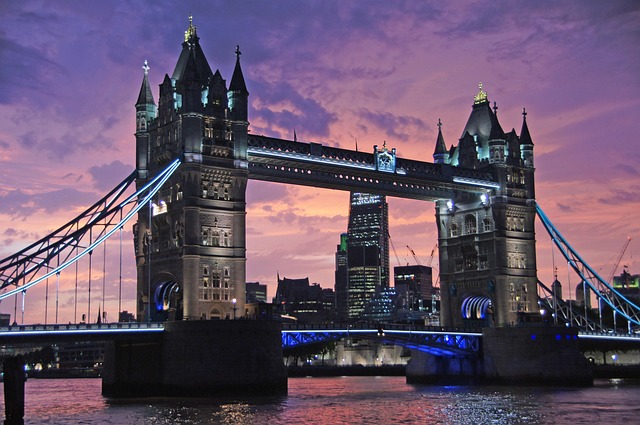 Over the years, a counter-movement to globalism and mass migration has emerged. People who focus on traditional values, the local community, the family and the church. Often called the Christian right, they are despised by both the left and liberals. They see themselves as the last refuge and saviours of Western civilisation. By re-Christianising Europe, they rebuild our community, identity and society.
Over the years, a counter-movement to globalism and mass migration has emerged. People who focus on traditional values, the local community, the family and the church. Often called the Christian right, they are despised by both the left and liberals. They see themselves as the last refuge and saviours of Western civilisation. By re-Christianising Europe, they rebuild our community, identity and society.
But what is the reality of the situation? Is Christianity our last straw, or is it part of the decay?
A striking number of the organisations that help migrants to Europe or the United States have a Christian label, such as LIRS or the Clinic. They obviously operate in the Christian spirit where all life is sacred.
How does activist Christianity fit in with more conservative Christianity? Certainly there have always been different orientations within the church and lots of different struggles, but I have yet to see a division between those in favour and those against mass migration.
And it’s not about being against various ethnicities, no, not at all, but something beyond the tired racist debate. More and more people have begun to think about the maths of an ever-growing Africa and a shrinking Europe, and how the Caucasian peoples will retain their religion, culture and uniqueness, which all peoples are entitled to. After all, we are a minority globally.
Take a country like Somalia, which is more than twice the size of the UK, but only has 17 million inhabitants, why do so many people want to leave that country and go to the UK, or any other European country? Why can’t they shape their own happiness through the natural resources and industries of their vast and beautiful nation?
It is often blamed on colonialism and post-colonialism; that the wounds left by the colonial powers have prevented further development in the country. That constructed borders and exploitation, after years of dividing and ruling, contributed to some kind of paralysed state.
But that excuse no longer holds. How many years does a nation need to come back to life? Moreover, Western colonialism was a relatively short adventure in Africa’s long history, not starting until 1895 and ending before 1960 in most countries. 70 years of colonialism not only contributed to division, but also built hospitals, schools, roads, electricity networks and much more.
Self-help should be the watchword; it is high time to let the Global South shape its own destiny and future. But perhaps the Christian aid workers along the Mediterranean coasts would disagree?







